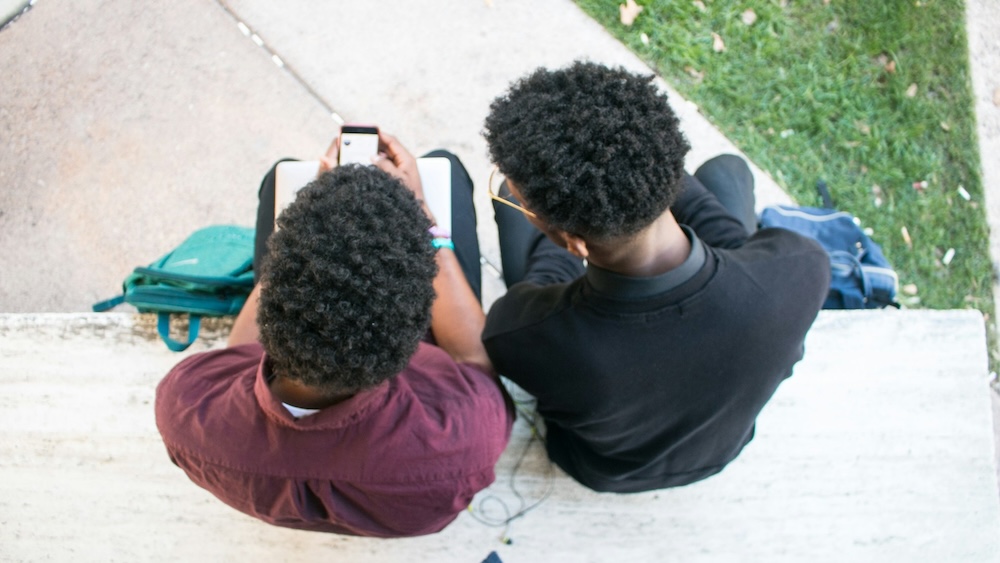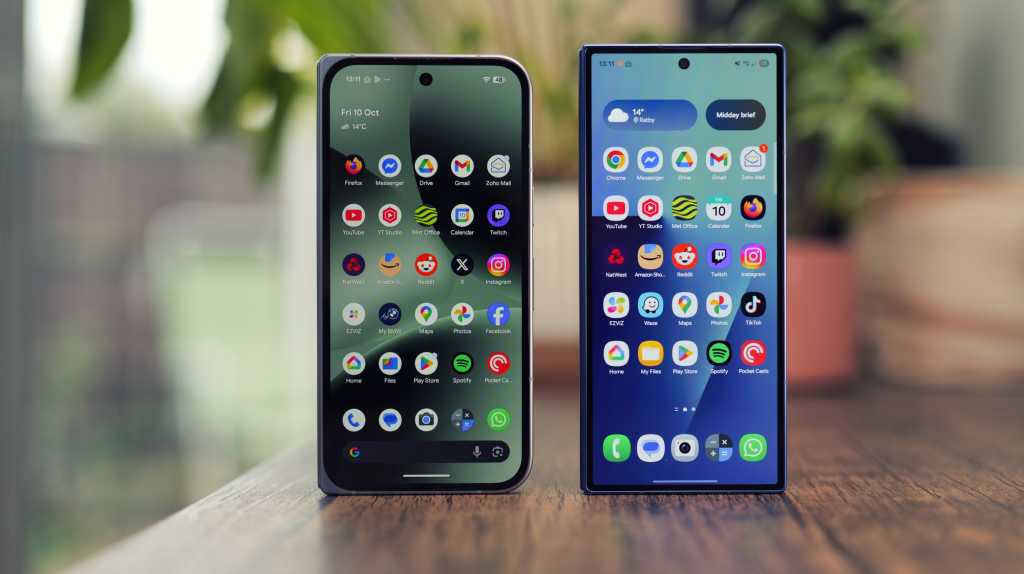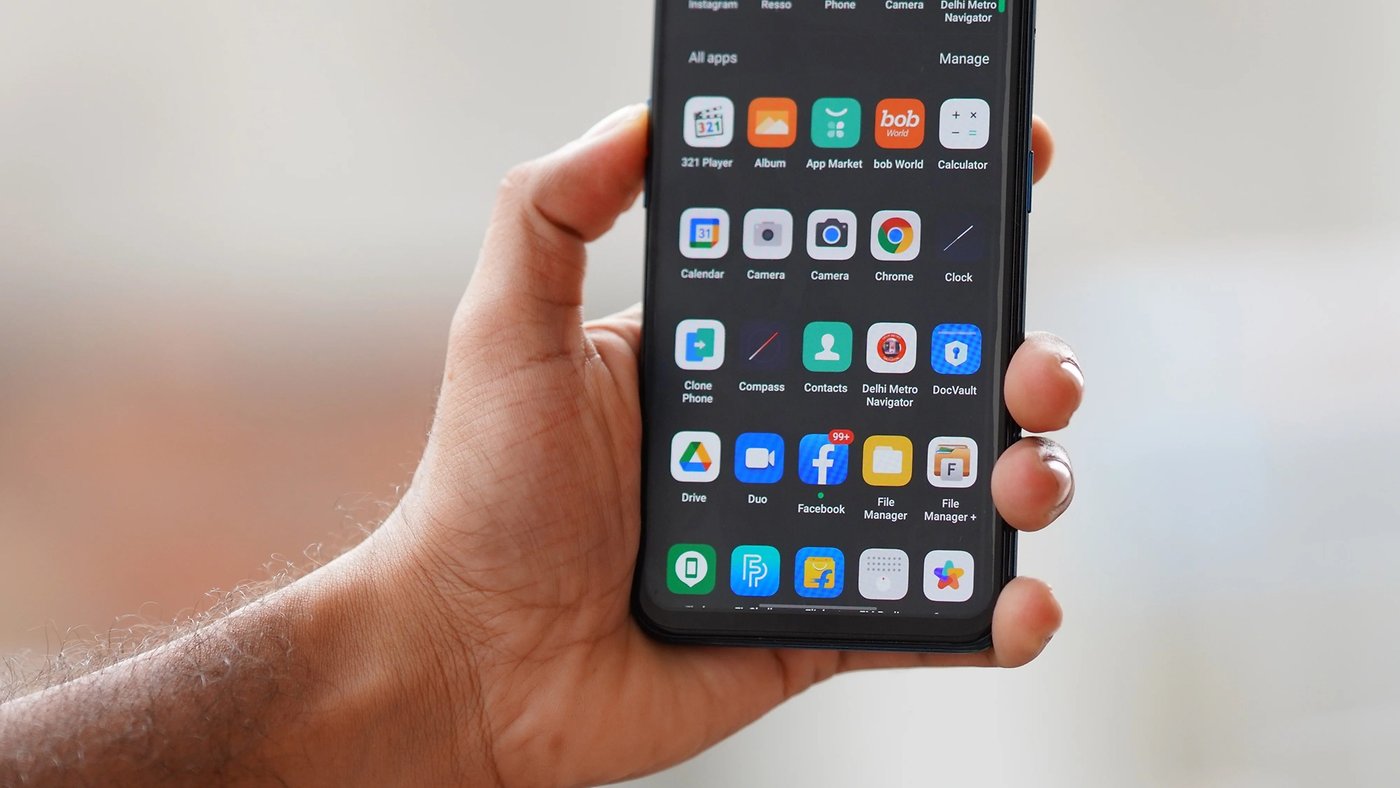Photo above by The Jopwell Collection via Unsplash.
Many school districts are re-evaluating their technology policies, particularly with the increasing number of kids who have their own cell phones. Common Sense Media has found that by age 8, one in four kids has a mobile device. And 95% of teenagers have access to a smartphone, according to Pew Research.
Representative Chris Deluzio of Fox Chapel, Democrat representing District 17, cares about the issue of kids and phones. He has four kids of his own and is a member of the Dad’s Caucus in the House of Representatives.
“We’ve gotten briefings from a lot of experts in the field about the risks of social media and smartphones and tablet addiction — what it’s doing to classrooms and kids, and what policymakers should be doing to make our classrooms better for learning, better for kids, better for teachers,” Deluzio says.
Congressman Deluzio sent letters to all 59 school districts in the area he represents, asking if they have a smartphone ban or if they’re developing one. He cites a “growing body of evidence that shows smartphone use in school is detrimental to the learning and focus of our children.”
“My hope is maybe districts get this letter, see some of your reporting and others and think, ‘We should be thinking long and hard about getting these smartphones out of our classrooms.’ I want to get that conversation going.”
Seventy-two percent of high school teachers say phone distraction is a major problem, and in March, a coalition of more than 75 groups and child experts signed a letter calling on all schools to implement a phone-free policy including two of the largest teachers’ unions with almost 5 million members combined.
Half of states have laws or policies banning or limiting smartphones in classrooms. Pennsylvania is not one of them. In April, a Virginia Congressman introduced a bill banning phones in schools nationally.
Kids who are in the Audobon Society of Western Pennsylvania’s “Birdz Camp” don’t use their phones much when they’re at Buffalo Creek Nature Park in Sarver. Instead, they’re immersed in the wildlife around them. KDKA asked them what they think about phones in schools, and they have mixed opinions, particularly for middle and high school.
“It really depends, like, if you’re playing on it or what you’re using it for,” says 11-year-old Blake Beal. “For example, I think texting your parents or others — important stuff — would be useful. Playing games or stuff that you really pretty much do at home wouldn’t really be allowed.”
Thirteen-year-old Nicola Yanity feels similarly: “When you start seeing really, really weird stuff on there, or you’re getting distracted by it, you’re not able to learn. Yea, that’s just not good.”
What do kids think it would be like if there were no phones at their high school?
“I feel like it would be really different,” says 15-year-old Crow Perine. “There wouldn’t be a lot of distractions. I feel like there would be a lot more like learning going on.”
When asked about the time between classes, and whether there would be more conversation among students, Perine responded: “Yes, I definitely think there would be. I feel like they wouldn’t be like texting or just scrolling on their phone, they’d actually be talking to, like, other people.”
Districts like Sto-Rox have seen major improvements in everything from student focus to attendance since implementing a new phone policy.
Parents are grateful for camps like the ones the Audubon Society offers to get kids off the phones and embracing nature because it can be a struggle at home.
Janet Brown of Sarver said her kids “are on them all the time, and I’m trying to get them off of it. It’s tough. I’m mean, you know, they just love the games and the videos and everything.”
Brown feels that smartphone use becomes addictive.
“Honestly, it stinks,” she says. “I wish that they had the childhood I had without technology because we were outside all the time. I mean, it was amazing.”
Congressman Deluzio says it’s unfair to expect kids to resist the urge to use the phone when the phones are designed to keep you on.
“You’re putting teachers in an impossible position,” he says, “and you’re putting kids in an impossible position, because we know how disruptive and addicting the devices can be when they’re trying to learn.”


